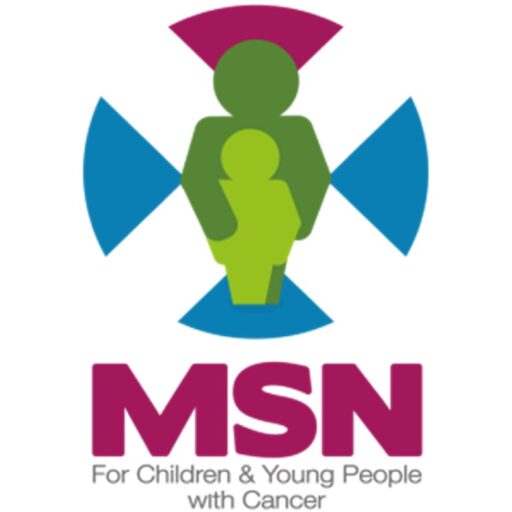What is the role of a Physiotherapist?
Physiotherapists play a key role in supporting children and young people (CYP) during their cancer journey. The aim is to support CYP and their families as early as possible, from diagnosis through to end of treatment.
Cancer treatment can have an impact on a CYP’s physical ability/ function, motor development, independence and overall health and wellbeing. Common side effects of treatment can include joint/ muscle pain, reduced mobility, fatigue and deconditioning. Prolonged hospital stays and reduced opportunity to be active may also have an impact.
As Physiotherapists, they understand that each CYP will have varying and individual needs therefore they take a personalised approach in our specialised assessments & our treatment.
Physical Activity
There are multiple benefits to keeping as active as possible during treatment. As Physiotherapists we try to make keeping active as fun and achievable as we can. We know the importance and benefits of keeping active during and after cancer treatment.
What is neuropathy?
Some cancer drugs can cause altered sensation in your hands and feet such as pain, tingling, numbness or weakness –this is known as Chemotherapy induced peripheral neuropathy (CIPN). These sensory changes can have an impact on daily tasks for example;
- Walking
- Climbing stairs
- Playing with toys / computer
- Writing
- Being able to do small fastening such as buttons.
Symptoms can clear up once treatment has finished, however some may last for several months. Occupational Therapists can help if you are experiencing these symptoms in your hands and arms. Physiotherapists can help if it is affecting your legs, feet and mobility.
